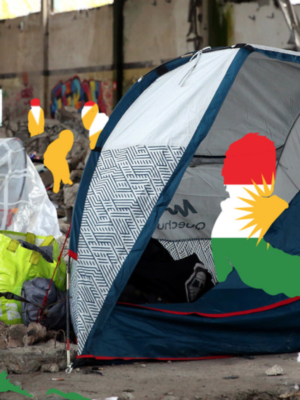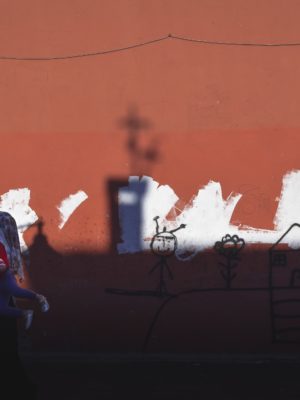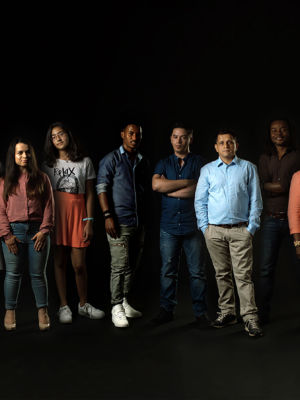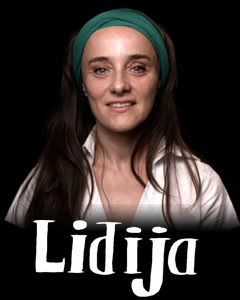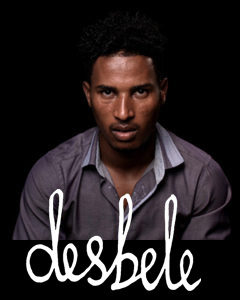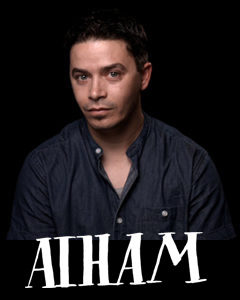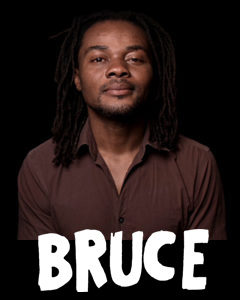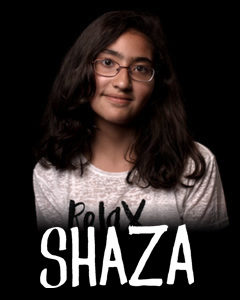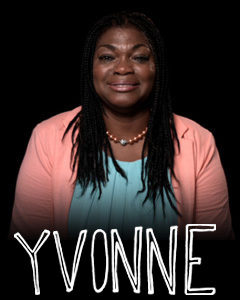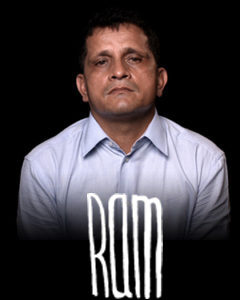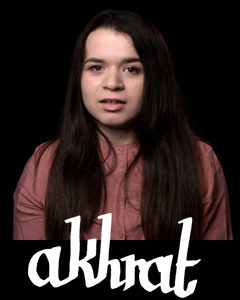Listen back: Gender equality: EU policy in the Great Lakes Region
On wednesday the 4th of December we spoke about how gender equality is central to peacful and sustainable development.
Gender equality is central to peaceful and sustainable development. It is also the focus of the foreign development policy of the European Union (EU). In this panel discussion experts and activists discuss the practical results of EU’s commitments to gender equality in Rwanda and the Democratic Republic of Congo. They discuss what it takes to move beyond rhetoric towards a truly transformative approach to achieving gender equality in these countries.
This panel discussion features experts from Europe and the Great Lakes Region (Burundi, the Democratic Republic of the Congo, Kenya, Malawi, Rwanda, Tanzania and Uganda in Africa). They share their views on systematically integrating a gender perspective into foreign development activities. They use concrete courses of action and recommendations for a better way forward for the European development actors to address gender equality.
About the speakers
- Fidèle Rutayisire is a lawyer and women’s rights activist in Rwanda. He is also the founder and executive director of the Rwanda Men’s Resource Center. Besides he is a master trainer around sexual and gender based violence in the Great Lakes Region of Africa. Fidèle holds a Master’s Degree in Gender and Development and a postgraduate degree in Peace building. He has also been a board member of PROFEMMES TWESE HAMWE. This is an umbrella of 53 women’s organizations in Rwanda.
- Françoise Mukuku is a human rights activist from Congo. Françoise is an expert in the field of managment and research. She also commits herself to several subjects like gender issues, sexual and reproductive health and law. She was the executive director of Amazone consulting and services, a Congolese firm based in Congo-Kinshasa. It focusses on using project management and communications to promote gender justice. She is also active in countries such as Central African Republic, Chad, Togo and Senegal.
- Giuseppe Cioffo is a Program and Policy Officer at European network for Central Africa (EurAc). He also coordinates EurAc’s work on issues of natural resources. Giuseppe is a Ph.D candidate in Social and Political Sciences at the Université Catholique de Louvain. His research focusses on agricultural modernization in Rwanda. He has experience in the NGO sector in West Africa. Giuseppe has researched and published extensively on issues of natural resources, agriculture, food security and rural development in the Great Lakes.
- Maurice Paulussen works at the Ministry of Foreign Affairs as coordinating policy officer of the Great Lakes-team within the Direction Sub-Saharan Africa. He has been working for the Ministry since 2011. He has also worked for the Ministry at the embassy in Abuja, Nigeria and also for the permanent representation of the Netherlands at the UN. In this period, he focussed on subjects like migration, forced relocation and human rights. Between 2008 and 2011, Paulussen worked at the OVSE-mission in Kosovo.
- Anne Kwakkenbos from the Netherlands is an expert on gender, peace and security at Cordaid. Anne provides consultation and trainings to Cordaid’s country offices and local partners to strengthen the role of women in conflict areas. Anne has worked on many gender and security projects such as the National Actionplan for resolution 1325 on behalf of fifty Dutch civil society organizations. She has also developed gender-scenarios for international NAVO-exercises.
- Remco van der Veen is the Director of Country Offices at Cordaid. He will moderate this panel discussion.

